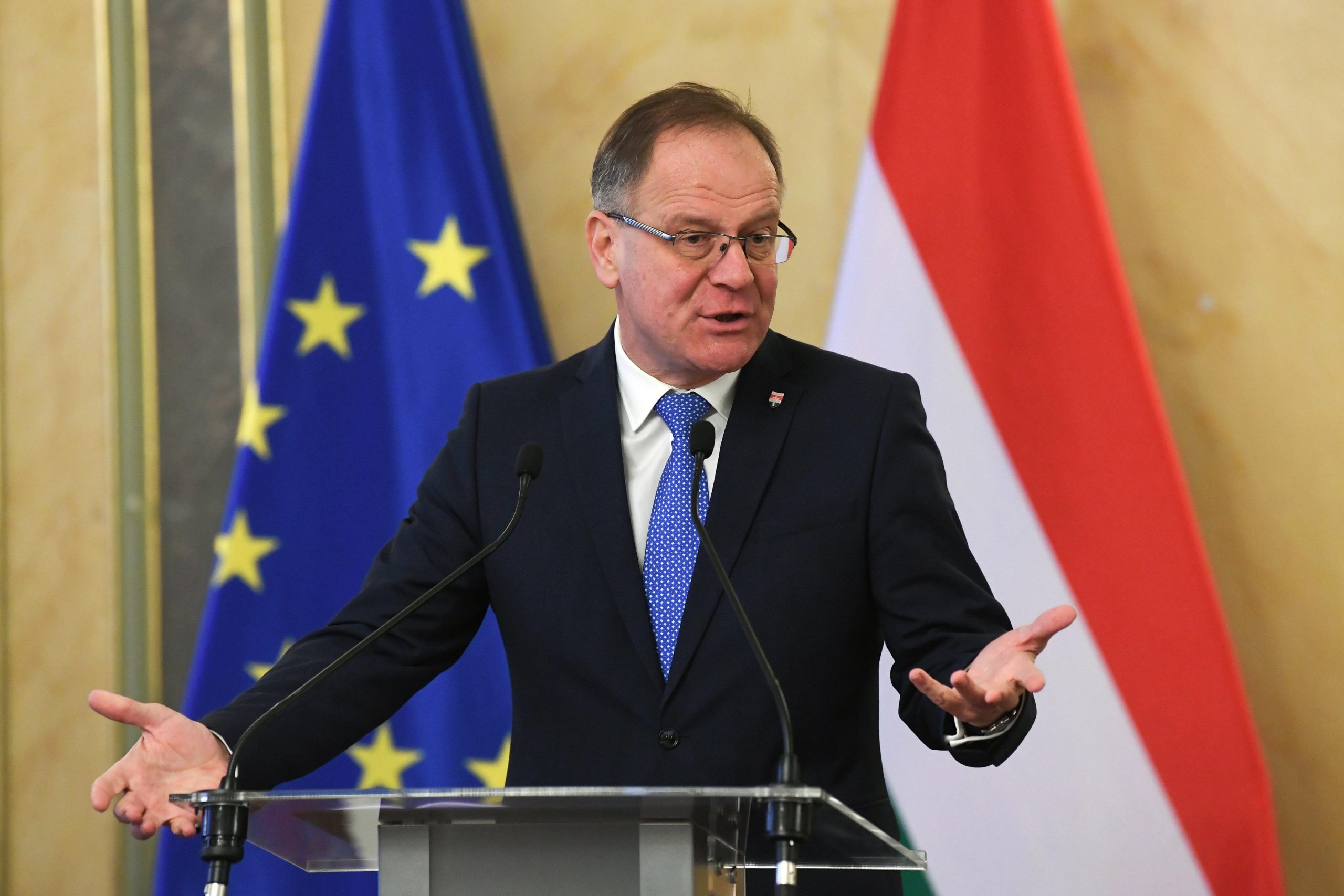
A deal was made in Brussels regarding the EU funds owed to Hungary. Continue reading

The goals set by the Hungarian government in June regarding the EU’s RRF funds have been achieved, Minister of Regional Development Tibor Navracsics said in Budapest on Tuesday, after the ambassadors of EU Member States on Monday positively assessed the Hungarian recovery plan.
At his press conference, he stressed that the decision also means that Hungary – like other Member States – can now access its EU funds from the Recovery and Resilience Facility (RRF).
Navracsics also reacted to the development that EU ambassadors reached an agreement to implement the minimum taxation component, known as Pillar 2, of the OECD’s reform of international taxation at the EU level. He stressed that
the fact that Hungary will adopt the global minimum tax does not mean that taxes will increase.
As part of a deal with Brussels, an existing business tax would be seen as part of the general tax burden, so in Hungary’s case, the corporate tax would not have to increase, he explained, according to MTI.
Navracsics said the government had relaxed its previous objections to the global minimum tax when it became clear that the tax, which would have been harmful to Hungary in terms of increasing the tax burden and denting its competitiveness, would not result in a tax increase in the country.
Chancellery Minister Gergely Guilyás said at the press conference that the global minimum tax in Hungary will affect several large companies which will have an additional tax payment obligation, but the system is being cleverly structured.
Featured photo via MTI/Illyés Tibor